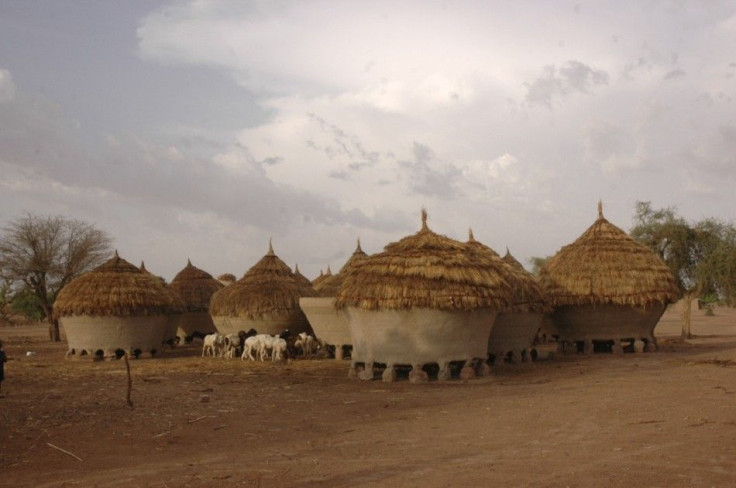Nigeria: Lead Poisoning Epidemic Largely Ignored By Government: MSF

Lead poisoning in Nigeria's northern state of Zamfara has sickened about 4,000 children and killed 400 in recent years. On Friday, international medical aid organization Medecins Sans Frontieres (MSF) condemned the Nigerian government for failing to intervene.
The MSF outcry follows a two-day conference that was held in Abuja to address lead poisoning. Nigerian ministers of mines, health and environment were absent from the international event despite having been scheduled to attend, reports Reuters.
This conference that we just spent a lot of money holding, they expressed their support for it, but none of the decision makers actually turned up, said MSF Nigeria head Ivan Gayton. So the opportunity to announce concrete action was to some extent really missed.
The issue of lead poisoning in remote northern areas of Nigeria first came to light two years ago. During that time, an increase in unregulated gold mining in Zamfara State released toxic lead particles into the air, infiltrating homes and public spaces. After 160 children died and others suffered permanent damage to their health, authorities realized the severity of the situation. In the summer of 2010, an international team of medical workers and environmental experts headed into Zamfara to address the problem.
Foreign aid organizations are still the main source of relief for these villages, but they lack the necessary resources to fully eradicate the problem. Efforts to sanitize villages are frequently interrupted by seasonal rains, and villagers' reluctance to change their mining habits often counteracts the efforts of aid workers.
MSF initiatives in Zamfara State are organized according to three pillars: preventative and remedial medical care, cleaning villages to remove harmful residual lead, and encouraging safer mining practices.
It has been difficult for international workers to discourage villagers from their old mining habits since a price increase made the commodity more valuable in recent years.
This has resulted in a renewed interest in mining in Zamfara state, explains an MSF briefing paper. Usually the health problems associated with artisanal mining are related to mercury and/or cyanide use. In Zamfara, where the gold bearing deposits contain unusually problematic concentrations of lead, these are overwhelmed by the enormous effects of lead poisoning.
Children are especially susceptible to bodily harm. They are closer to the ground and often get dust on their hands, making them more likely to both breathe and ingest toxic particles. Furthermore, they can absorb much higher percentages of the lead they ingest. And since children are in the early stages of physical development, their vital organs are highly vulnerable.
The government's failure to promptly address this problem does nothing to assuage the friction between the Muslim-majority regions of northern Nigeria and the mostly Christian south. Poverty plagues the Muslim villages affected by lead poisoning, which motivates residents to continue mining valuable ore despite its inherent dangers. Meanwhile, the government in Abuja enjoys strong revenues from Nigeria's booming oil sales but has done little to alleviate the health problems associated with local gold mining.
Quite frankly, the decision makers are not here today, said Gayton at the close of the Abuja conference on Thursday. For me, it's a great disappointment.
© Copyright IBTimes 2024. All rights reserved.





















